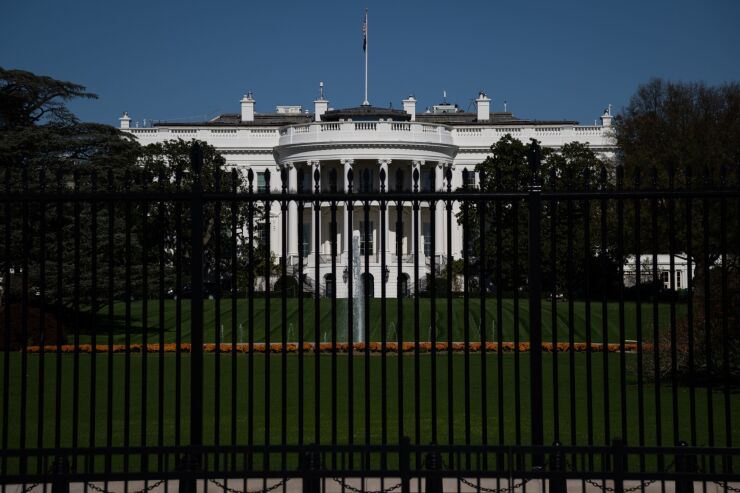As we approach the November presidential election, the two major party candidates have begun fleshing out the details of their economic visions.
Democratic nominee and Vice President
Republican nominee and former President Donald Trump, meanwhile,
John Blair, president of
READ MORE:
"Harris is unmoved by the economic fact that four centuries of price controls are unblemished by success," he said. "Her basic belief is to increase taxes, increase wealth redistribution and increase the government's role in the economy with the belief that the government can pick economic winners despite no evidentiary support. Trump receives better grades on economic policy, but his reliance on tariffs will only increase inflation."
Watch the interest rates
One of the most important factors to pay attention to in the coming months will be interest rates, said Peter Krull, partner and director of sustainable investing at
The federal funds rate is currently at 5.25% to 5.50%,
Because of this, Krull said now is "an ideal time to be adding intermediate-term bonds to your portfolios."
READ MORE:
"Not only do investors have the opportunity for a great yield, but for some capital gains down the road as well, should they choose to take them," he said. "No matter who wins in November, we can be reasonably sure that interest rates will be lower by then."
Krull said that if the former president retakes the White House, Trump would push the Federal Reserve to lower rates as much as possible to encourage economic growth. Blair said he is positioning client portfolios to benefit from higher inflation, which he sees as inevitable.
"Commodities, such as gold, silver, oil, natural gas and nuclear will be clear winners no matter who wins in November," he said.
Keep an eye on the fate of Tax Cuts and Jobs Act provisions
Tax and estate planning before the sunset of certain provisions in the 2017 Tax Cuts and Jobs Act (TCJA) at the end of 2025 is the most significant action item surrounding the election, said Noah Damsky, founder of
"We're encouraging clients to prepare for a potential sunset of TCJA in 2025, which is set to halve the estate tax threshold," he said. "As a result, this can be an opportunity for clients to create irrevocable trusts and gift assets, which could save millions of dollars in estate taxes."
Trump plans to
When she campaigned for the presidency in the 2020 cycle,
READ MORE:
Michael L. Rosenberg, managing director at
"Our plans include being tax-sensitive, and utilizing Roth IRAs and life insurance as tax-free buckets of money available in retirement as a hedge against future tax increases," he said.
Joe Kleven, product marketing manager at YCharts, said financial advisors may want to consider discussing sector rotation, tax-advantaged strategies and diversification with clients in light of the upcoming election.
High net worth individuals might find aspects of Trump's plan to extend individual tax cuts appealing. However, tariff policies could introduce caution regarding investments in multinational corporations and companies reliant on global supply chains, said Kleven.
"Should election outcomes lead to changes in tax policy, advisors might explore how tax-advantaged investments or certain sectors could be affected, particularly if the corporate tax rate is raised," he said.
Diversification is a smart play no matter who wins
The economy and financial markets are way more complex than simply who gets elected, said Brian Spinelli, co-CIO at
"Forecasting how all these elements are going to interplay is a fool's errand, in our opinion, and frankly, this is why we believe it is
In the long term, Spinelli said he generally expects stocks to do better than bonds, bonds to do better than cash and certain alternatives and private markets to earn their risk premium.
Gerika Espinosa, financial planner at
"We tell them to stay the course, and the plan we build for them accounts for things like this," said Espinosa.






